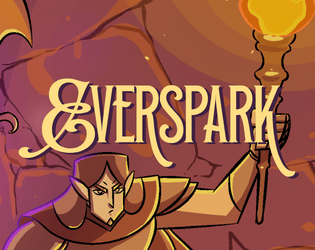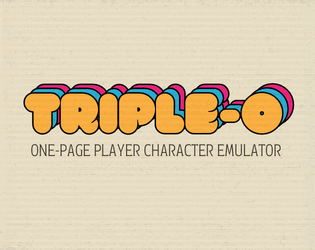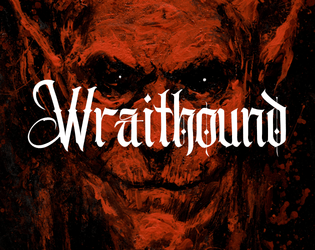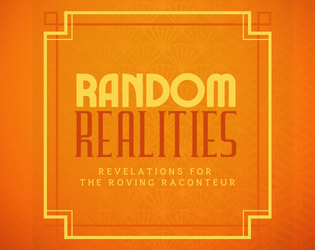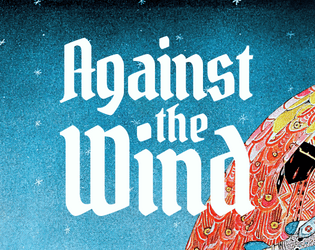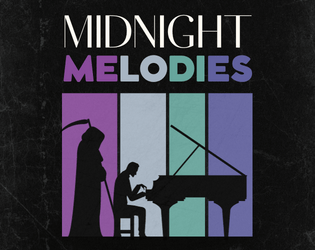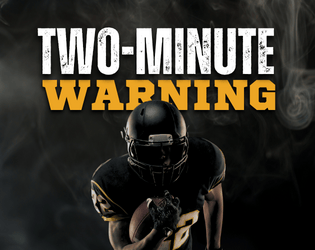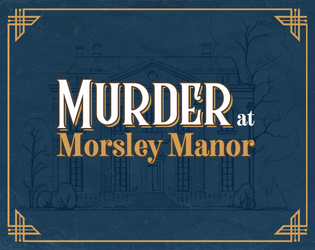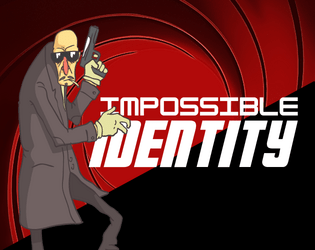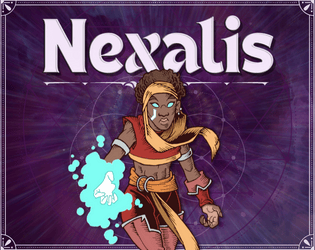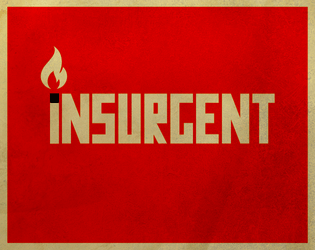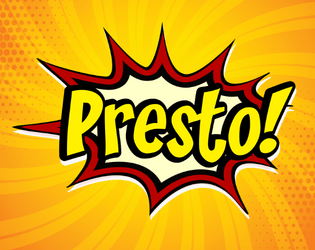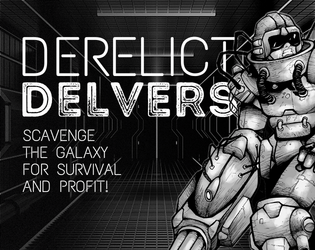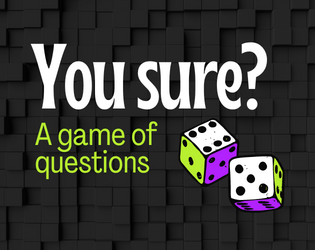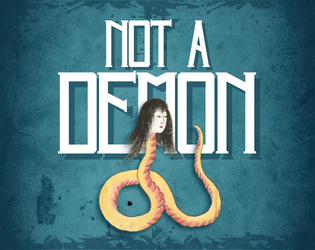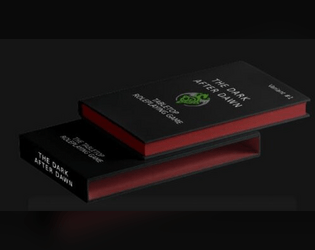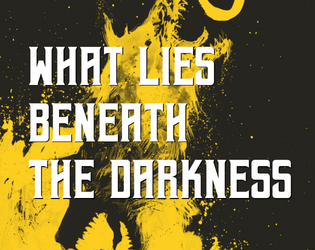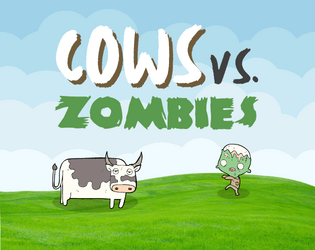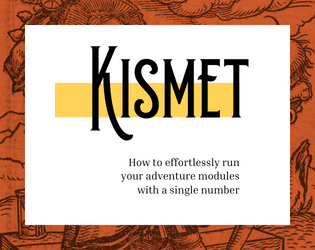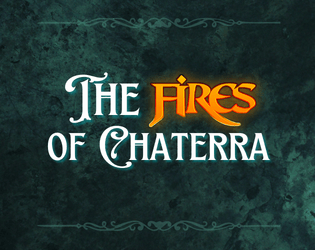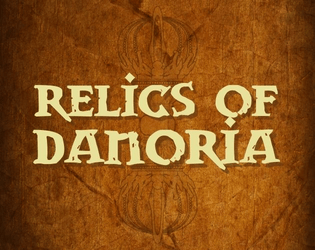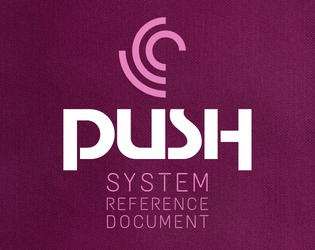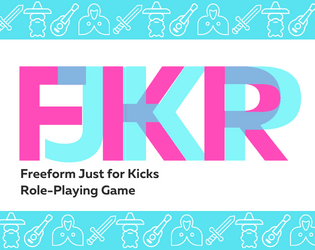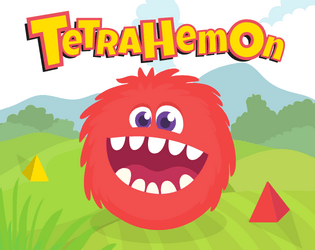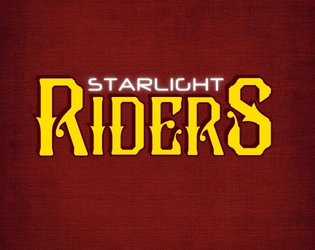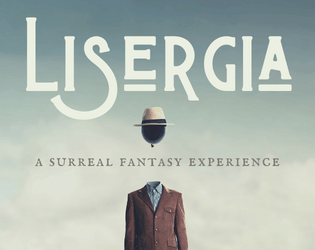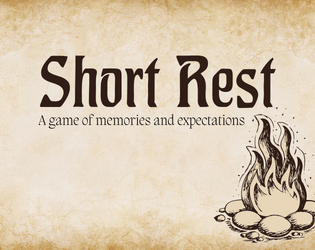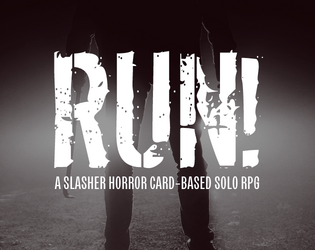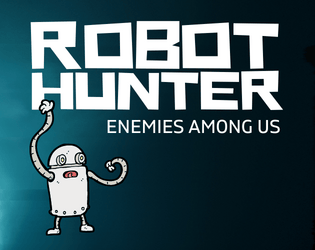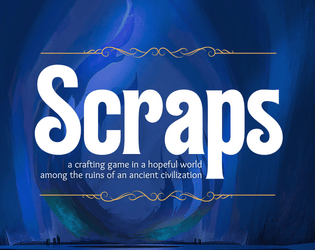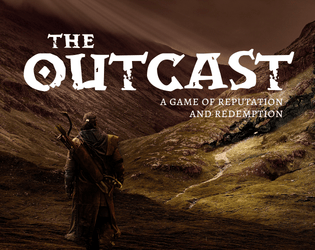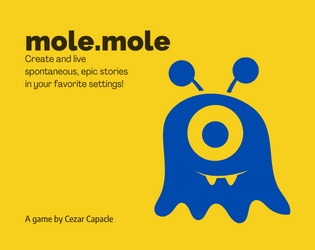Much appreciated, thank you 😊
Cezar Capacle
Creator of
Recent community posts
I understand where you're coming from. HP seems easy because it is so ingrained in the culture, and it doesn't require narrative. It is simple math, but it does not tell a story. 'I lose 8HP' means what? What do we see in the screen? What happened to you? What changed? By removing HP, we open up story avenues.
The struggle you're feeling now is part of our assumptions that we need a mechanical translation of an effect for a result to feel valid. Everspark invites you to consider it differently. Beginners, especially because they don't have experience with other RPGs, jump into the narrative train easily, from my experience. "I rolled an 8, hmmm, perhaps it grabs me by the sword and shakes me to the side!" Fun! What now? Where do I go from here? We can see that scene in our minds. We can't see "I lose 8 HP".
Sparks can be fun, but they should be used mindfully. If you do rely on Sparks for everything, it will be overwhelming, as you said. That is why it is one of the Spark Principles I highlight in the book. Go easy on them as you start. I have a table with 8 beginners, and after 23 sessions, everyone is happily going crazy with them now.
But mostly, embrace narrative consequences. How does your position to affect the story changes after a bad roll? Close your eyes and see it as a movie, not a video game.
I hope that helps a bit! And thank you for your questions, they are very important! I encourage you to give it a go for a few sessions with that in mind. Feel free to ask more clarifications, if needed. Also, Tony examples above are great too!
Hi there,
Thank you for reaching out! Yes, I do plan to publish a longer example of play with commentary as a separate document in the future. For now, though, I can offer you some guidance.
First, even a small consequence like “a cut on your leg” can carry meaningful implications. While it doesn’t have a numeric value attached to it, it should still influence the narrative and gameplay. For example, it could impose drawbacks in situations where the injury might hinder you, and it can color how you interpret the results of dice rolls and your character’s levels of success. The narrative impact of even minor consequences should shape what your character can do and how well they do it.
Another way to handle combat consequences, if you want something between a purely narrative effect and a full-on complication from the table, is to create a spark. Condition sparks work particularly well for this. For instance, instead of immediately breaking your ribs with one hit, you can create a spark that represents cuts and bruises accumulating over time, leaving you more exposed until you eventually collapse.
For more detailed guidance, I recommend checking out the “How To” sections of the book. Specifically:
• How to Forge Evocative Monsters
• How to Keep My Encounters Balanced
These sections offer helpful suggestions for managing combat encounters and consequences.
I hope this helps! Let me know if you have more questions, and good luck with your next encounter!
Perfectly well, if I may say so myself! There are solo rules, procedures and oracles. Someone shared their first solo session here, if you're interested in checking out: http://popcult.blog/2025/01/15/solo-tabletop-rpg-review-actual-play-everspark-pa...
Thank you so much, I really appreciate it! And thanks to giantannie for the instructions on rating it, it does go a long way! Regarding discord, part of me would love to have a vibrant community engaging with the game, but at the moment I have to be honest with myself and the energy I'd have available to manage such a community. I'm still considering it!


